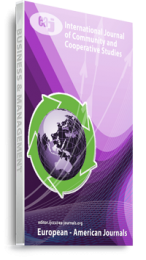Recently, Rwanda Development Board (RDB) has established a revenue sharing scheme (RSS) to create a win-win approach in protected areas for effective biodiversity conservation and management. Through this scheme, around 1 billion Rwandan francs were invested to support around 152 Community Based Conservation Projects (CBCs), and integrated conservation and development projects (ICDPs). This paper assessed the contribution of conservation projects around Nyungwe National Park (NNP). It evaluated their efficiency and effectiveness, and their socio-economic impact to the local community development. Secondary data about the revenue sharing projects and the amount of money allocated to each project were collected from RDB office. Primary data were collected through the interview and focus group discussion. To verify the findings from RDB, interview and focus group discussion (FGD) were used. Interview was done with local peoples around Nyungwe National Park and with community conservation wardens, while threats to NNP were verified by the consultation of reports from ranger based monitoring officers. The results showed that the value of resources collected by people from the park is higher than the revenue sharing support offered by RDB and consequently the revenue sharing scheme did not significantly reduce threats to biodiversity and its impact around NNP. We recommend the revision of the whole revenue sharing scheme, taking into account the cost of livelihoods of community surrounding the park.
Keywords: Development projects, Effectiveness, Efficiency, integrated conservation, revenue sharing scheme

